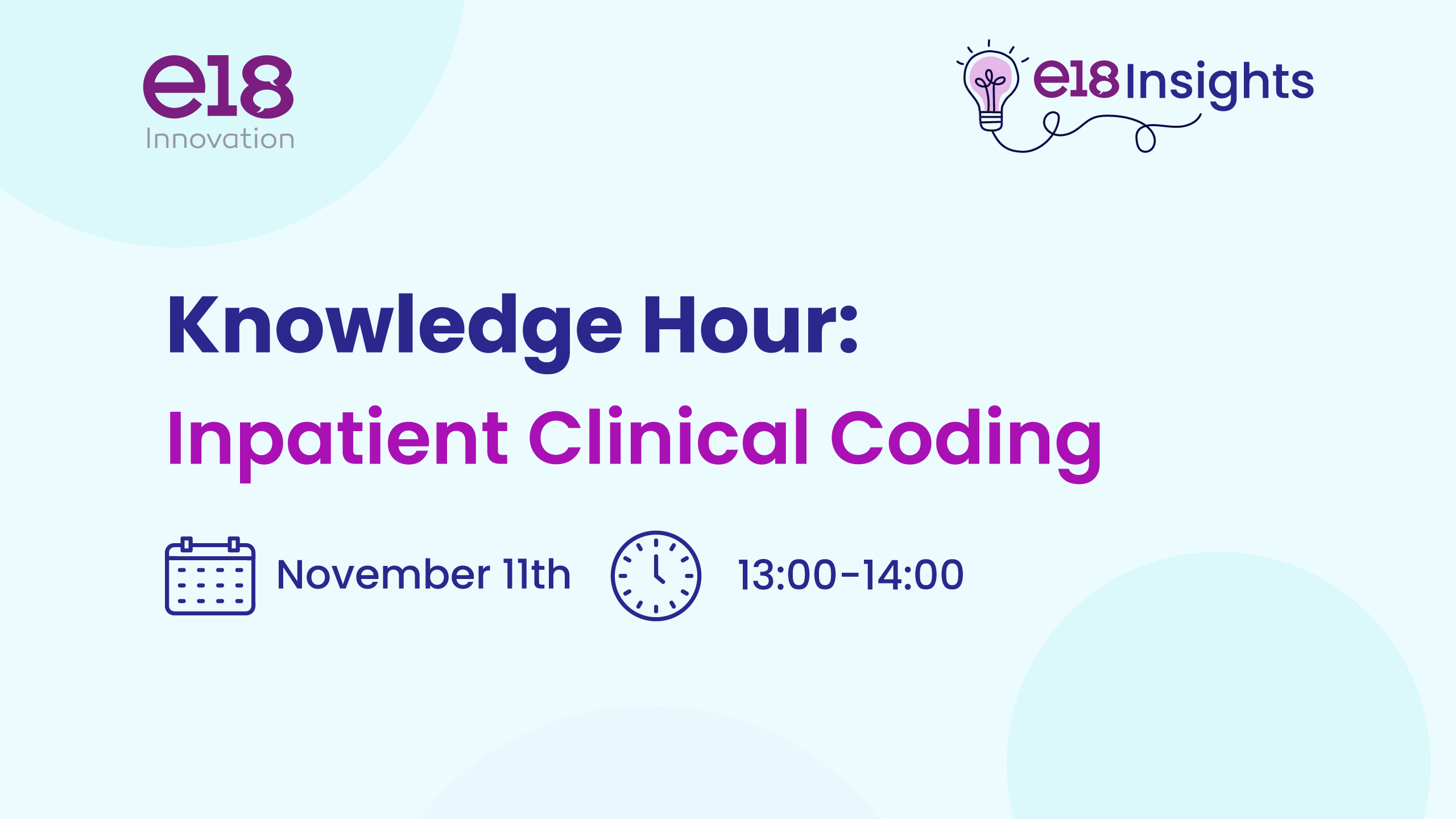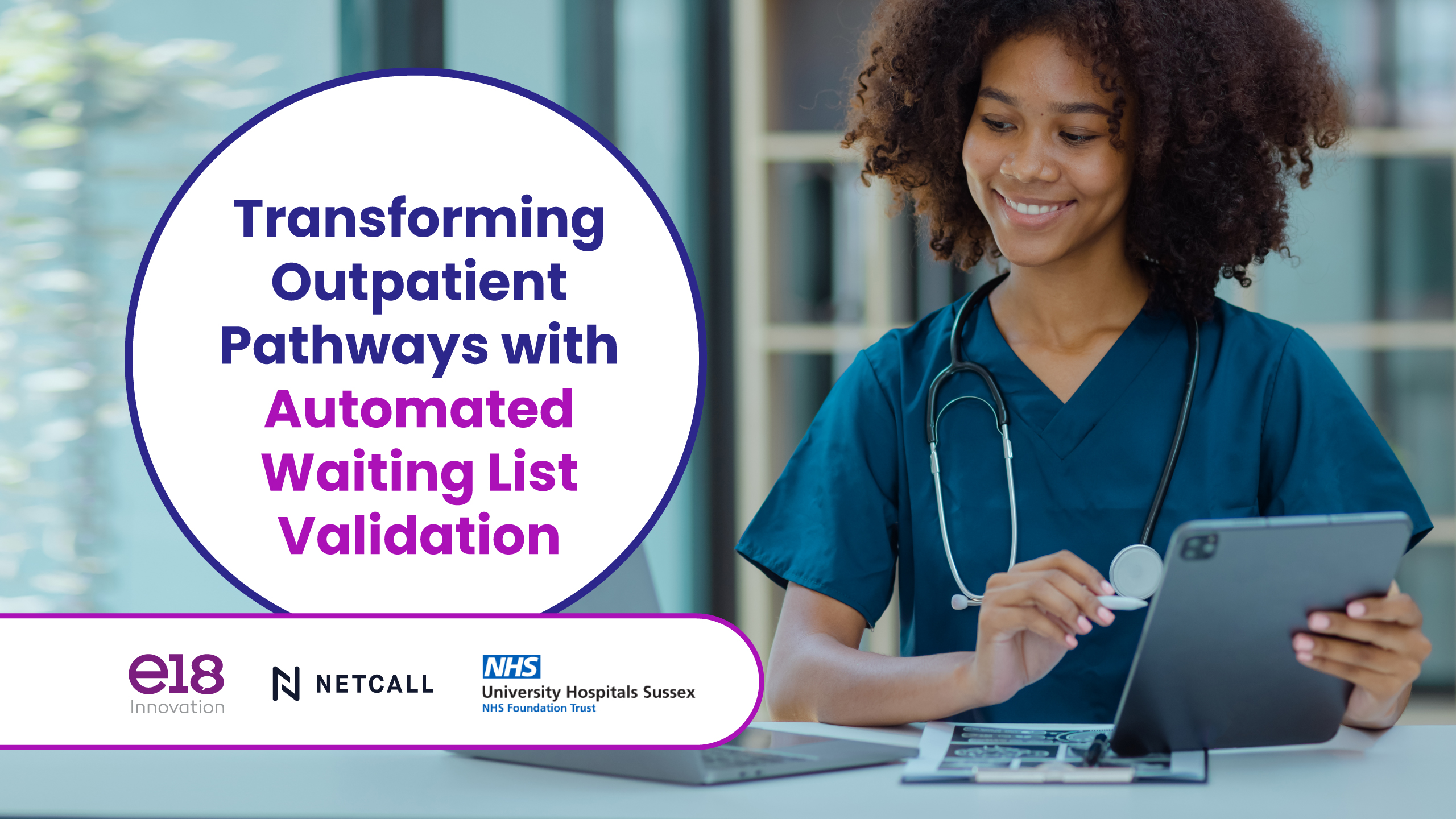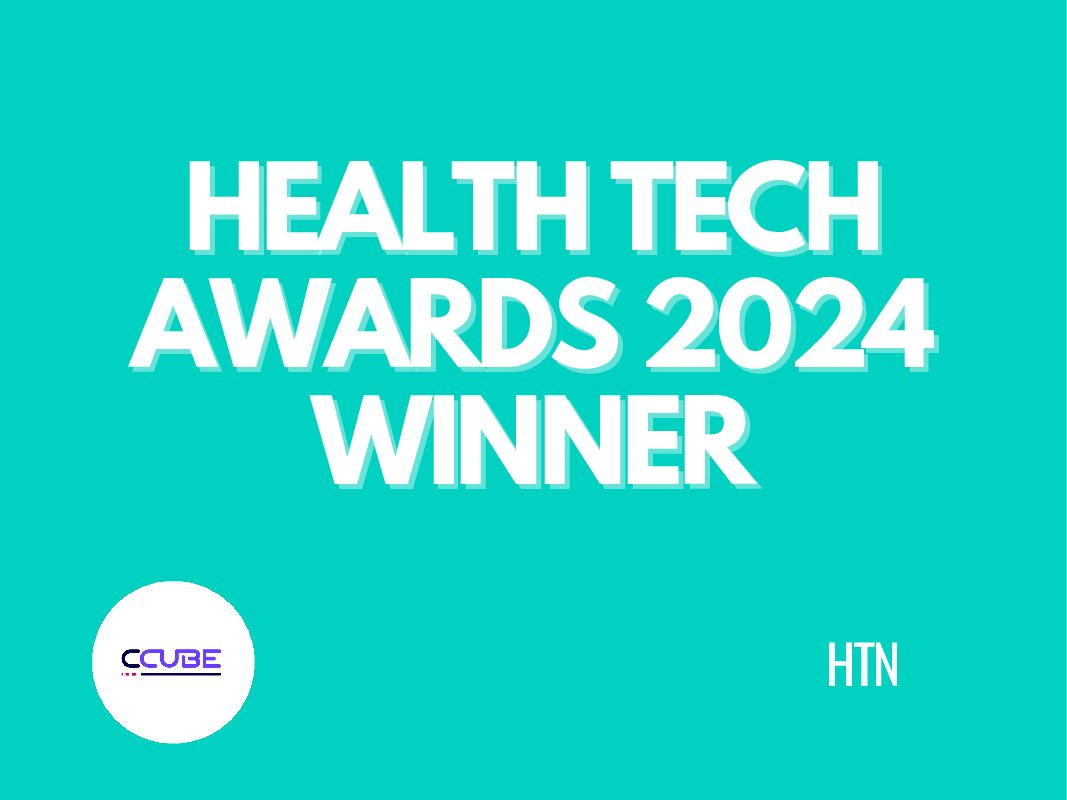As we approach 2030, the global healthcare industry is facing a severe shortage of approximately 10 million healthcare workers. Factors like healthcare worker burnout, turnover, and resource constraints are contributing to this critical situation. However, amidst these challenges, healthcare leaders are realising the significance of staff satisfaction and the need for automation programs.
Digitalisation, driven by intelligent automation, emerges as the beacon of hope to tackle these pressing issues and more. The COVID-19 pandemic expedited the process of digital transformation across industries, and healthcare was no exception. The adoption of telemedicine and other digital solutions became essential to deliver care to patients who couldn’t access traditional healthcare services due to lockdown restrictions.
Today, it is evident that digital transformation is not just a short-lived response to the pandemic; it is an integral part of the future of healthcare.
Nonetheless, many healthcare organisations are grappling with resource constraints, hindering them from fully embracing digitalisation. While some countries have successfully used digitisation to navigate margin pressures, others are struggling to adopt new technologies due to financial challenges.
Intelligent automation, powered by advanced technologies like robotic process automation (RPA), artificial intelligence (AI), and business process management (BPM), emerges as the key solution to address these resource challenges and uplift the healthcare ecosystem.
Robotic process automation (RPA) streamlines administrative tasks, such as appointment scheduling and claims processing, freeing up healthcare professionals to focus on patient care and more complex responsibilities. By reducing errors and improving efficiencies, RPA alleviates the burden on overworked healthcare workers.
AI and machine learning (ML) analyse vast amounts of healthcare data, providing valuable insights that aid decision-making. For example, predictive models can identify high-risk patients, enabling early interventions and cost savings. AI also enables personalized care and improved patient outcomes.
Business process management (BPM) streamlines and coordinates healthcare organisations’ processes, enhancing overall efficiency. By eliminating bottlenecks and optimizing workflows, healthcare professionals regain valuable time to focus on patient treatment.
To embark on a successful healthcare automation program, organisations need to build a compelling business case, defining the vision and its benefits. Identifying opportunities for automation and involving key stakeholders early on fosters cultural adoption and secures buy-in from teams. Successful deployment of process automations requires executive sponsorship and a clear understanding of roles and responsibilities.
As organisations enter the maintenance and scaling phase, establishing an ongoing operating model with a focus on long-term strategy, governance, and continuous improvement is crucial. Intelligent automation is not a one-time implementation but an ongoing journey that demands a culture of automation and adaptable leadership.
Intelligent automation offers a transformative path for healthcare organisations to overcome resource challenges, improve patient care, and enhance the overall well-being of healthcare workers. By embracing digitalisation, healthcare can thrive in the face of adversity, ensuring a brighter and healthier future for all.
In my new role as the Client Success Director e18 Innovation , my main objective will be to provide comprehensive support to our NHS customers at every stage of their automation journey. My goal is to help them optimise their automation opportunities and unlock their full potential.
I am excited to have the opportunity to work with our customers and help them achieve success with automation. With a focus on understanding their unique needs and challenges, I will develop personalised strategies to guide them through the different stages of automation maturity. This will ensure that they have the necessary tools, resources, and knowledge to make the most out of their automation initiatives.
Ultimately, my goal as the Client Success Director is to be a trusted advisor and partner to our customers, helping them navigate the complexities of automation within healthcare and achieve exceptional results. By maximizing their automation opportunities, our customers can streamline their operations, improve efficiency, and drive healthcare innovation within their organisations.
I am enthusiastic about this new role and keen to make a positive impact on our customers’ automation journeys. Together, we can unlock their full potential and drive long-term success.






